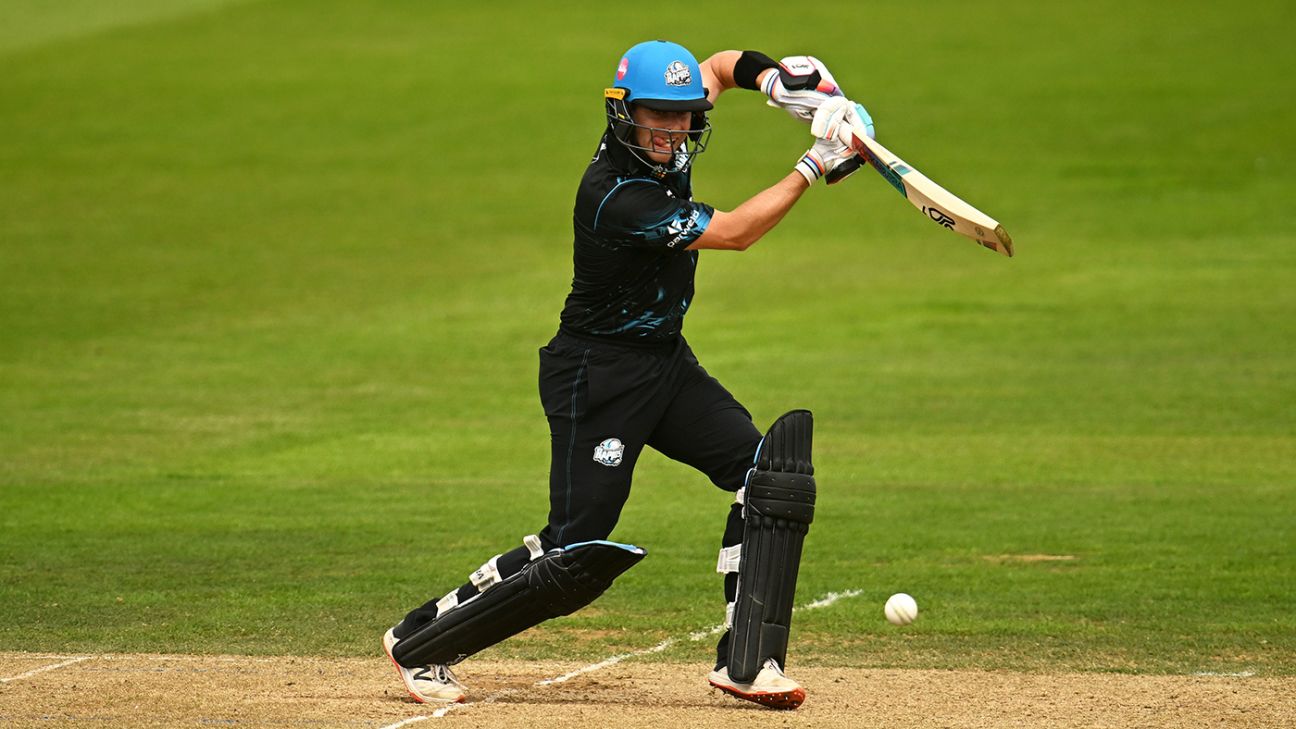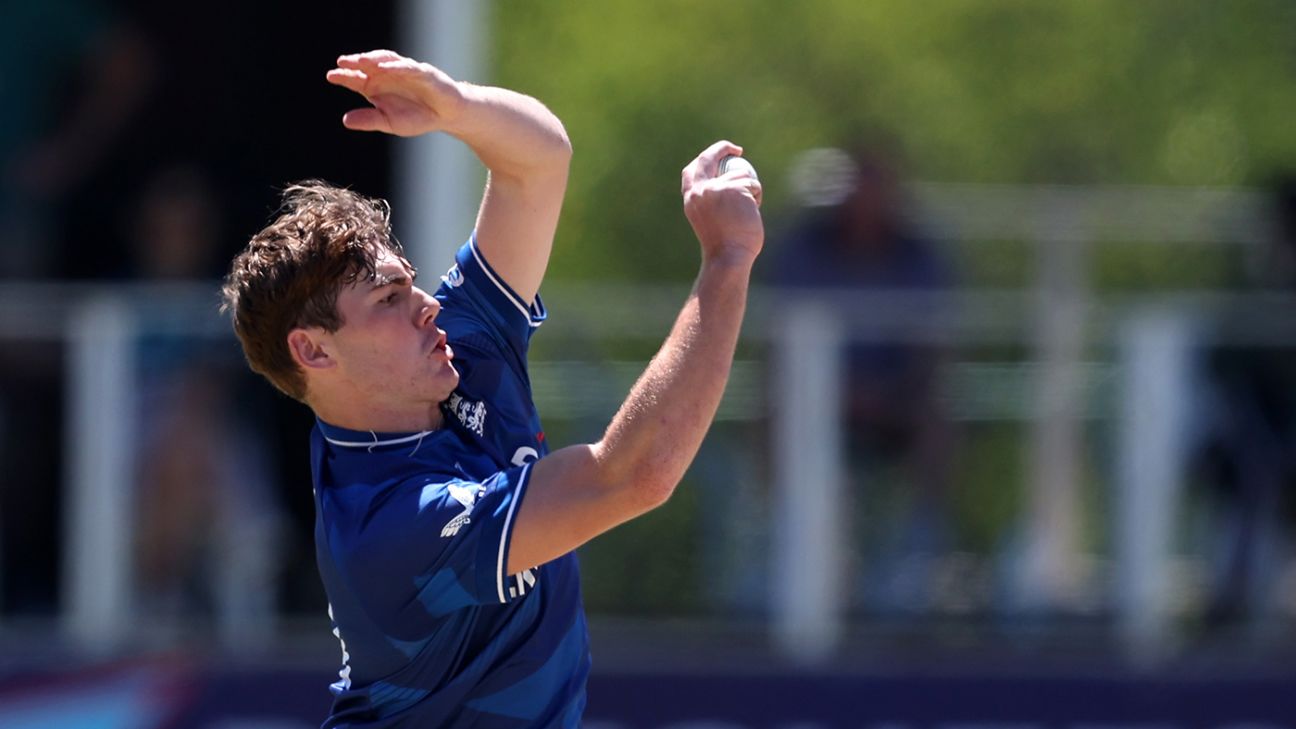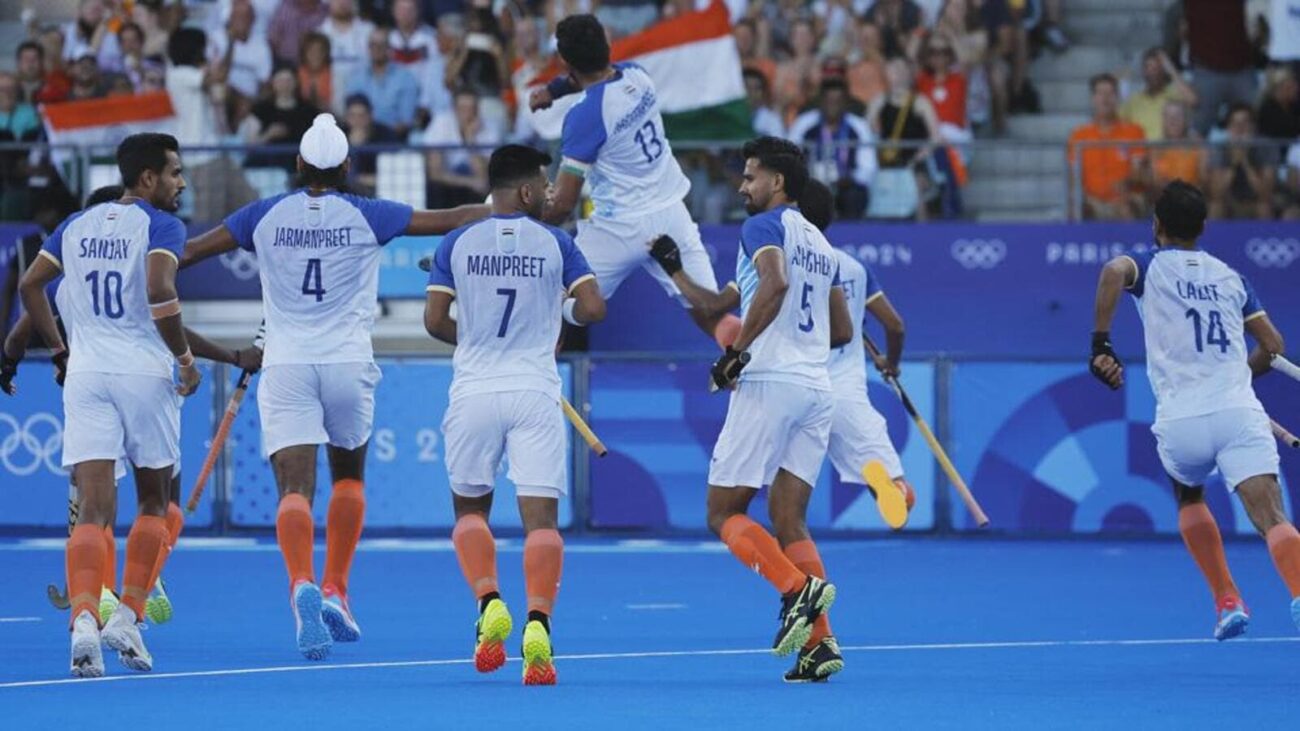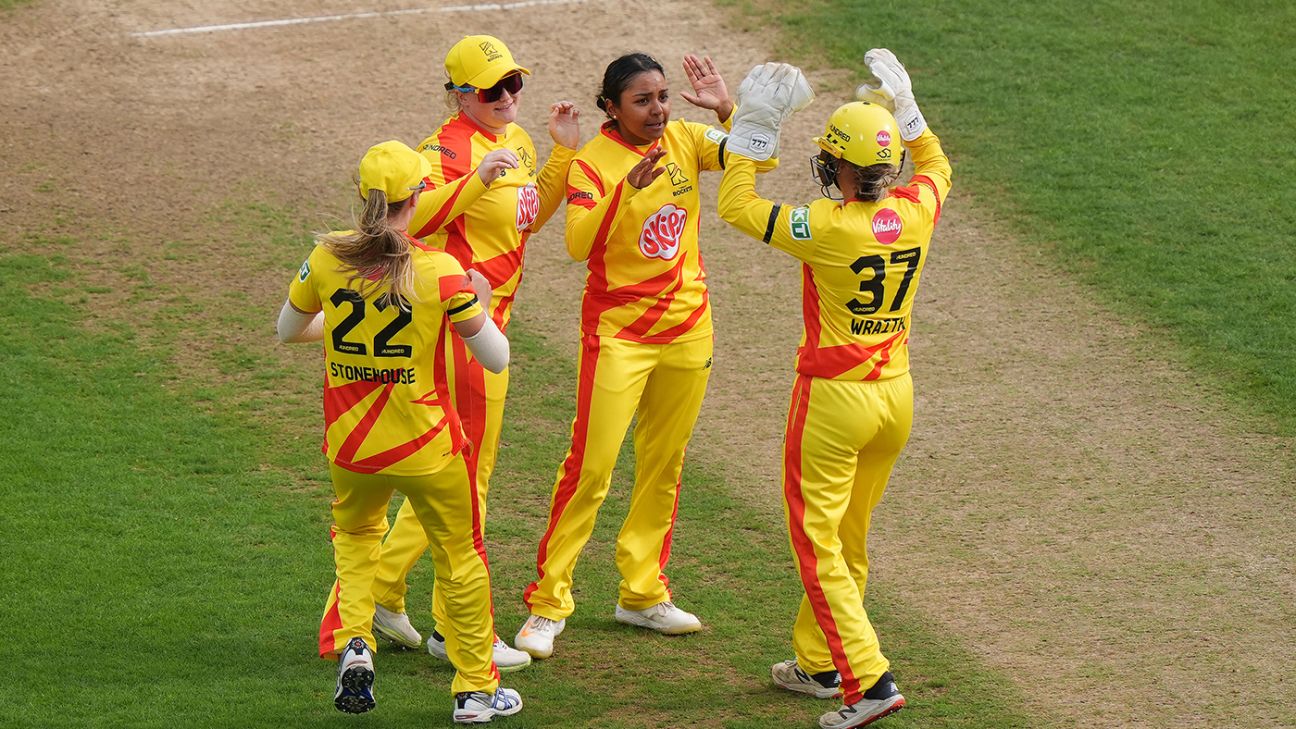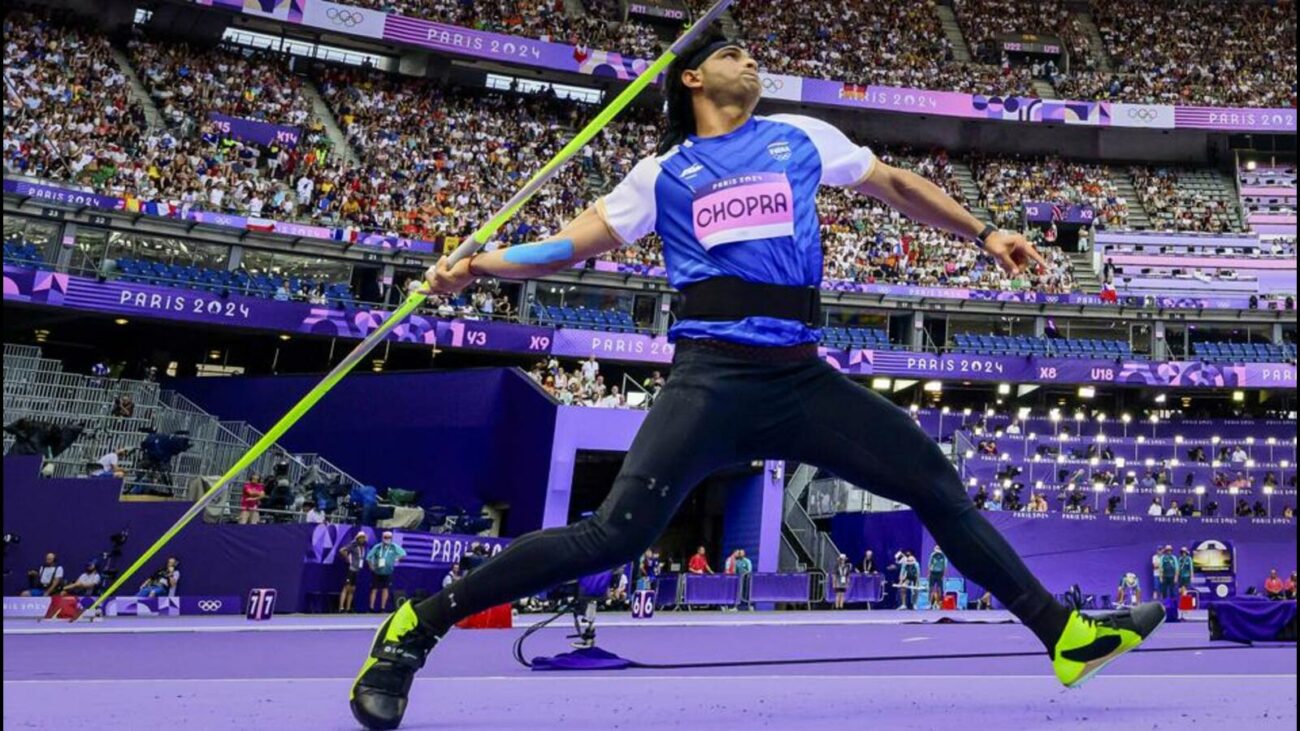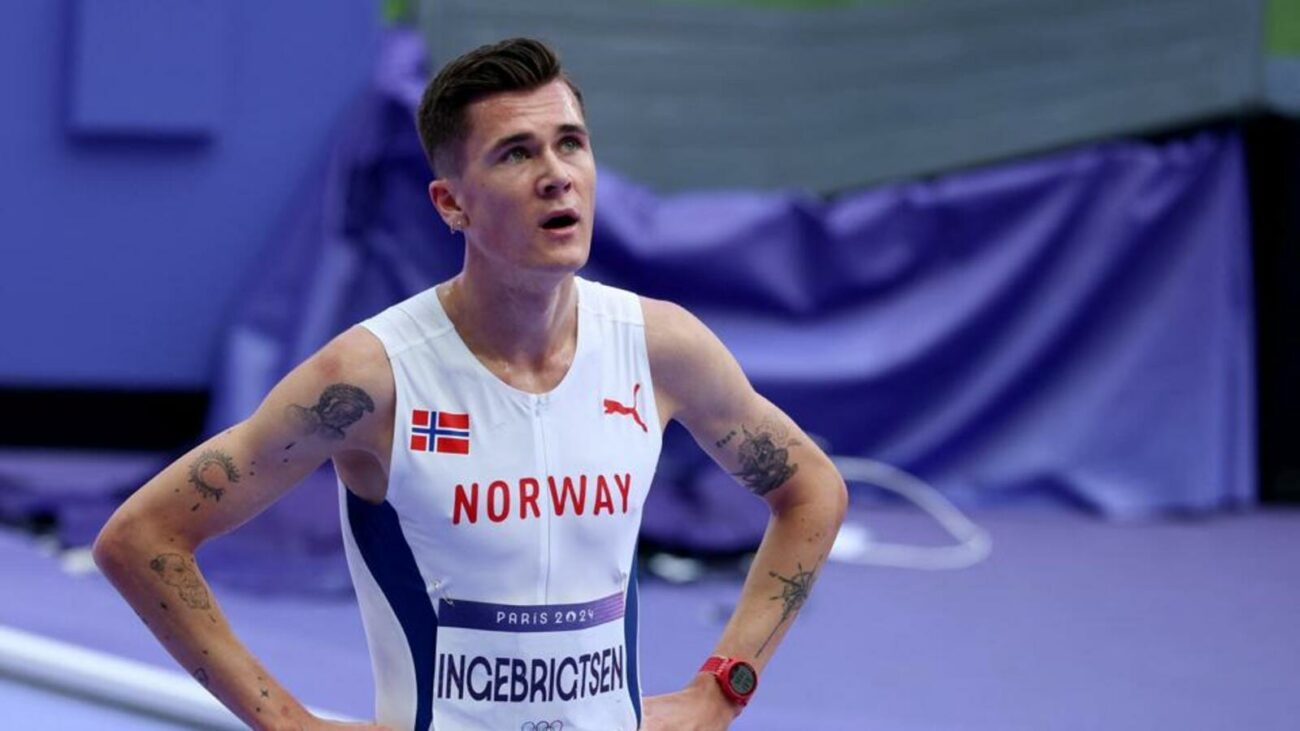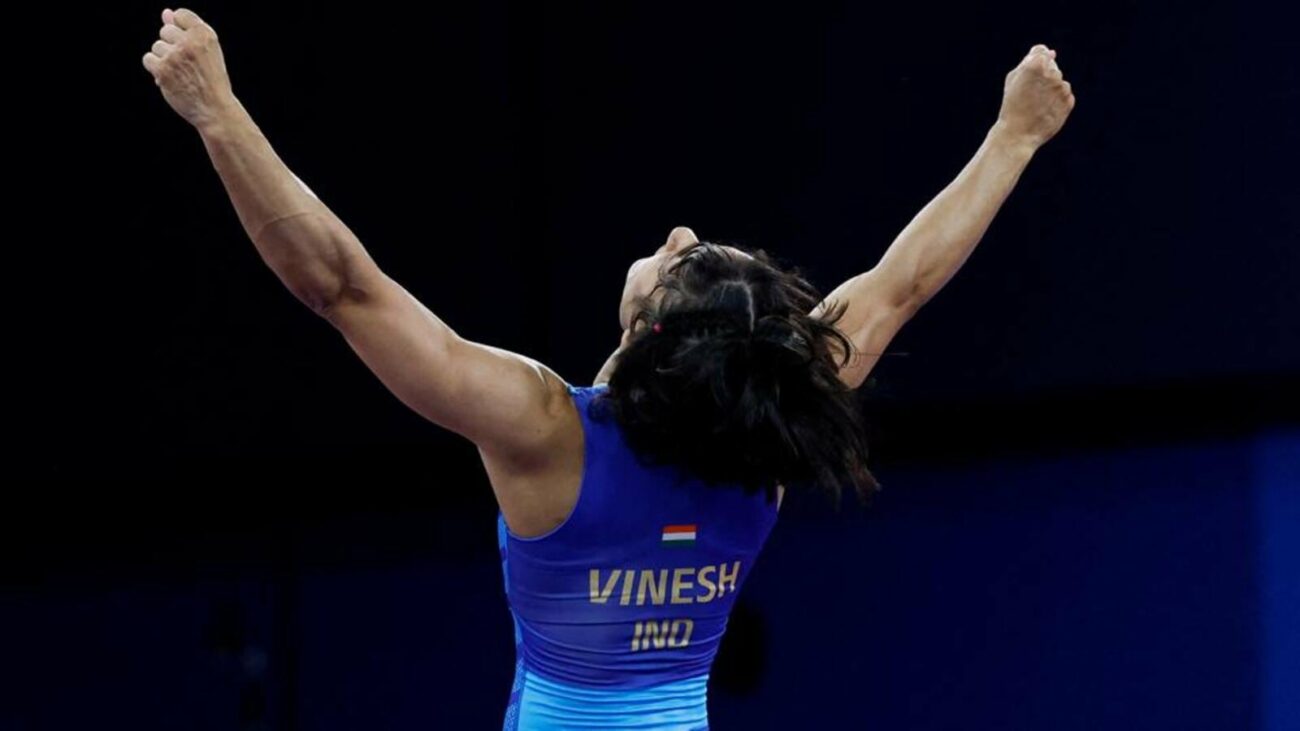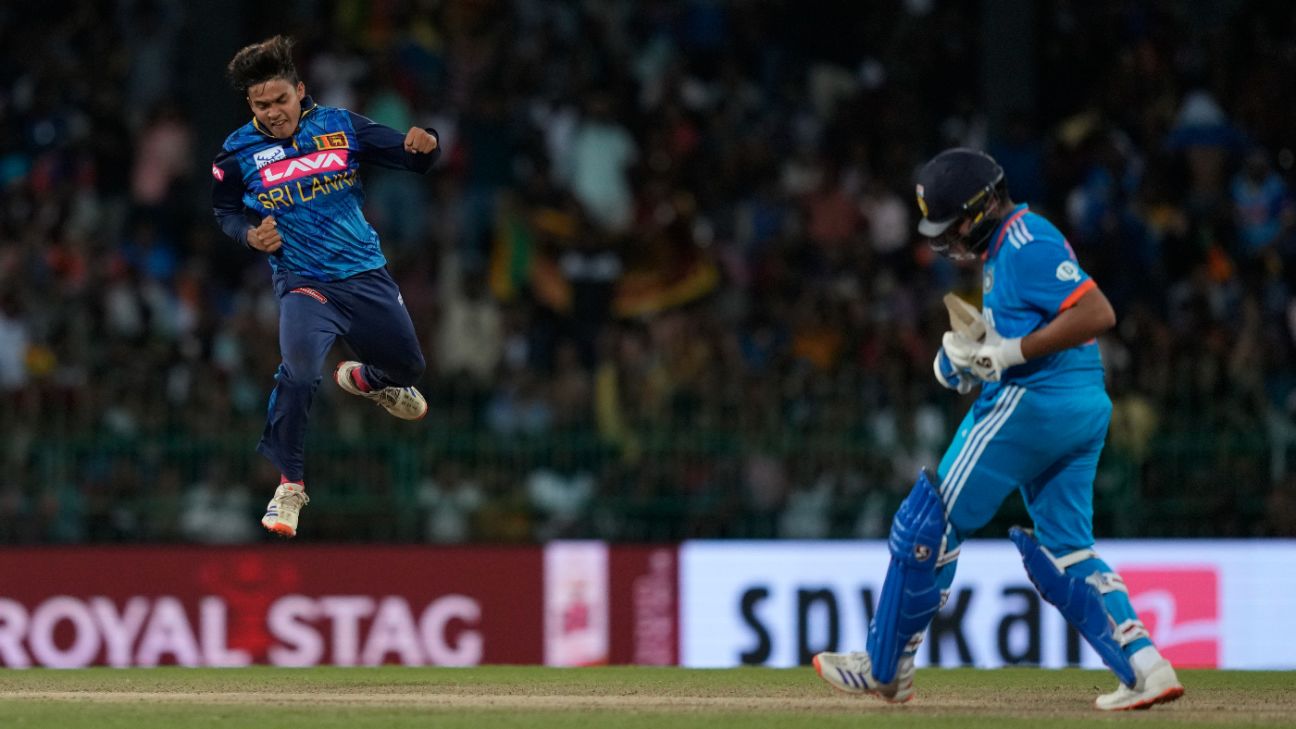Worcestershire Rapids Snatch Three-Wicket Win Over Kent Spitfires
Worcestershire Rapids secured a thrilling three-wicket victory over Kent Spitfires in the Metro Bank One Day Cup, thanks to a superb half-century from captain Jake Libby.
Libby, who has been in scintillating form this season, struck 75 off 68 balls to guide the Rapids to their fourth win in the tournament. His knock was instrumental in chasing down Kent’s total of 259 with seven balls to spare.
Rob Jones also played a crucial role with a half-century, while 18-year-old Charlie Home impressed with a three-wicket haul. However, it was the partnership between Charlie Stobo and Grant Stewart that rescued Kent from a precarious position.
Stobo, an Australian overseas signing, surpassed his previous best score to make 72 off 79 balls, while Stewart went past his highest of 57 to finish on 78 off 60 deliveries. Their 91-run stand for the seventh wicket gave Kent a fighting chance.
Despite Home’s early wickets, Kent’s seamers kept the Rapids in check. But Jones and Libby paced their innings perfectly, with Libby hitting successive scoop shots for four to reach his half-century.
The game took another twist when Libby was run out with 26 needed, but Hishaam Khan and Tom Hinley held their nerve to guide the Rapids home.
Libby’s consistent performances have been a major factor in Worcestershire’s success this season. He has now scored 287 runs at an average of 143.50, continuing his impressive run from the previous two One Day Cup campaigns.

